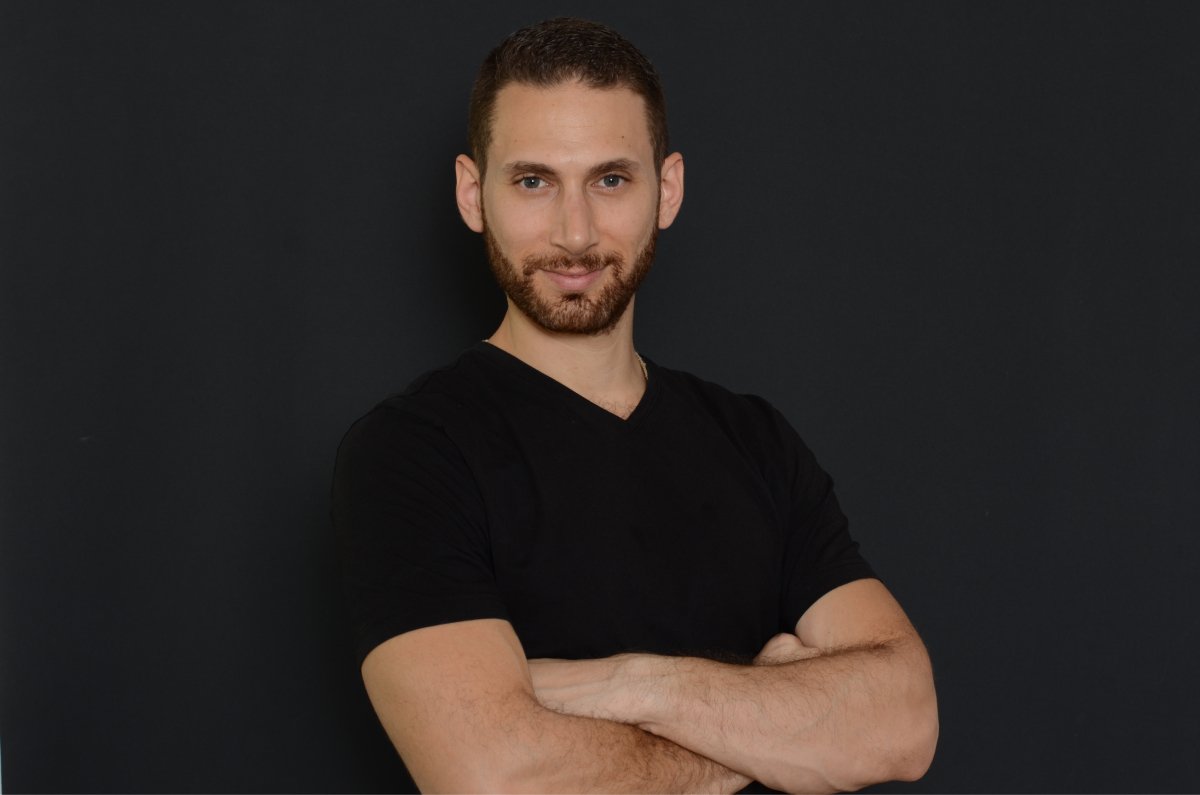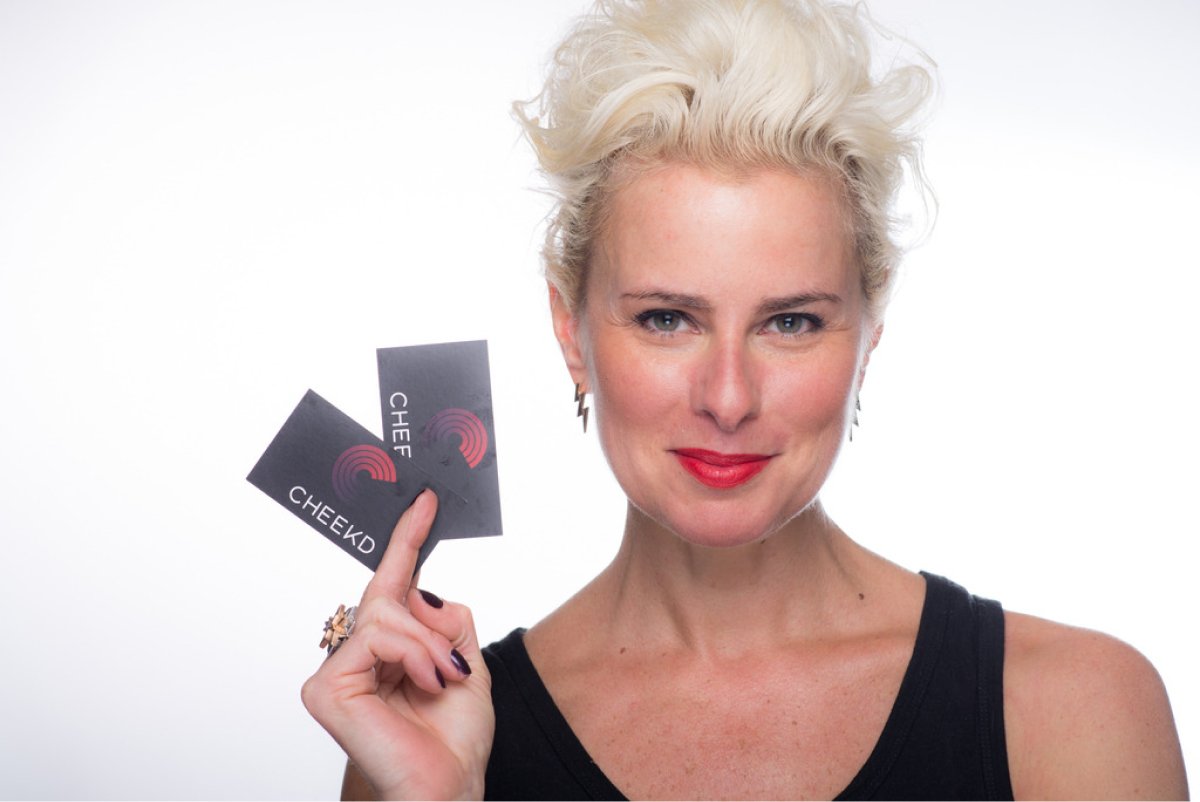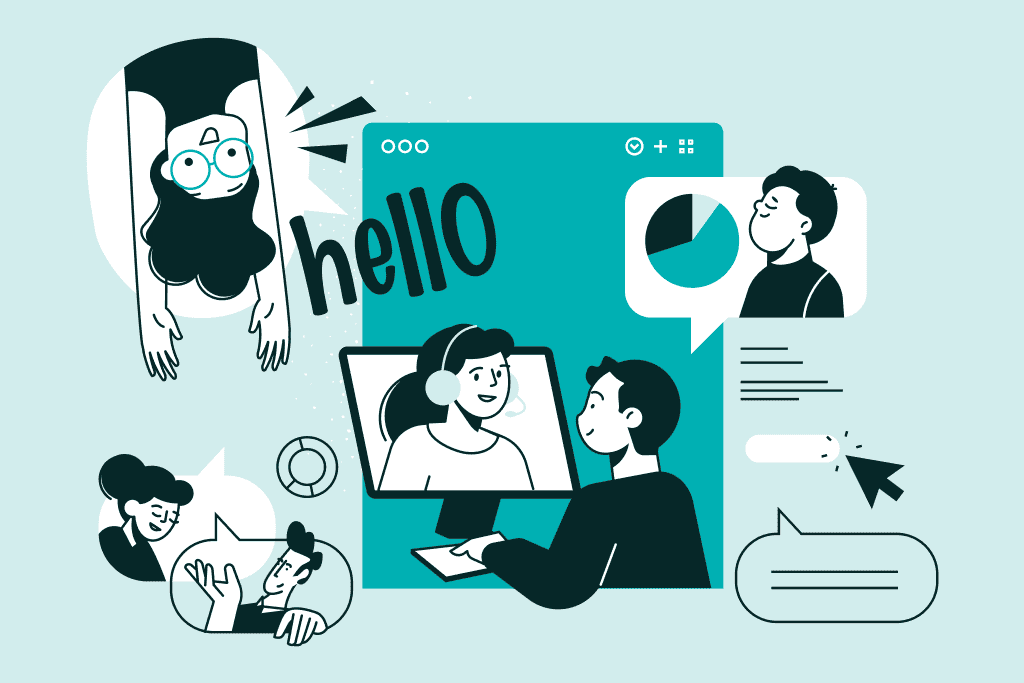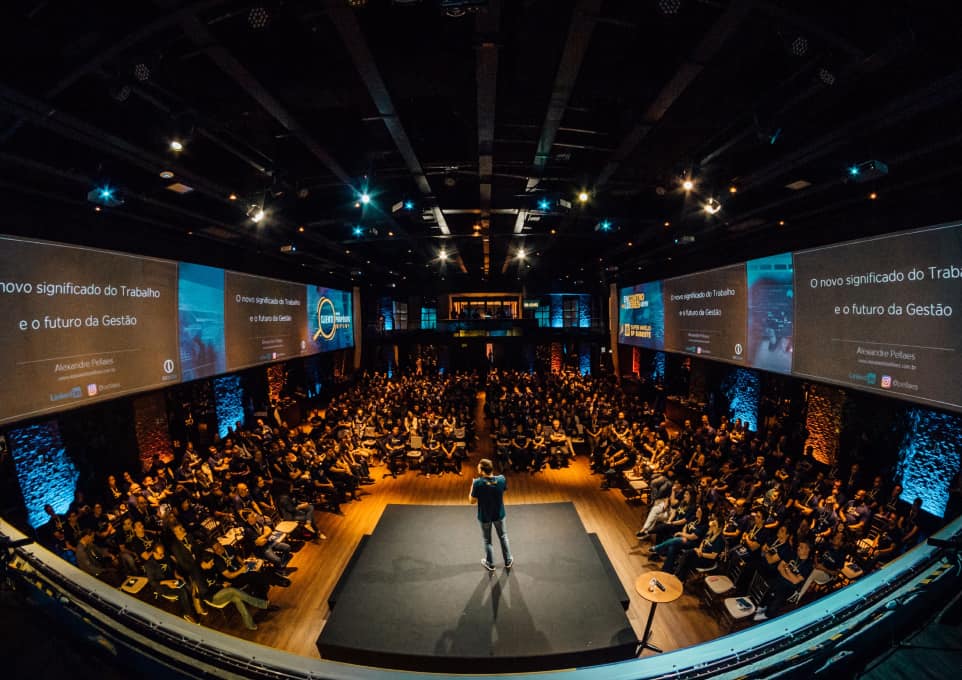We tend to think of entrepreneurs as high achievers, and not without solid reasoning. Yes, the mythology is a little reductive — most startup founders aren’t quite the self-made men and women we like to imagine. But for every class of entrepreneurs who built their success on inherited wealth and connections, there are a few who didn’t have those advantages — who took great risks to build their businesses, putting in endless hours and living frugally for years to make their dreams a reality.
It’s easy to infer that they possess special talents which set them apart from the rest. But for many entrepreneurs, their success comes less from innate ability than it does from their tenacity in the face of adversity — tenacity often earned while overcoming their own challenges

Successful Entrepreneurs Find Ways to Work With Their Disabilities
Studies have shown that entrepreneurs are more likely to have disabilities than members of the general population. One study of dyslexia and entrepreneurs showed that 35 percent of entrepreneurs have dyslexia — a rate 75 percent higher than the general population rate of 20 percent. According to another study, people with disabilities are 50 percent more likely than the general public to become entrepreneurs.
Likewise, other learning disabilities can cause many entrepreneurs frustration throughout their lives. For those who’ve never dealt with a learning disability, it’s hard to understand just how much determination it requires. For dyslexic children, for example, learning how to read can be an exhausting process.
They’ll see their classmates breezing through books, while they have to struggle, inch by inch, letter by letter, just to parse the words together. Worse yet, if they take a day off, they can lose a week of progress.
This can instill in them a sense of tenacity — and a desire to prove others wrong who doubted them.
Jonathan Levi, an experienced entrepreneur, angel investor, and lifehacker from Silicon Valley embodies this mentality. While he now sees his ADHD as a boon, it wasn’t always that way.
“All throughout my education, I was considered to be a problem in the classroom because of my inability to focus and sit still. Not only did this hinder my ability to keep up with my peers academically, but socially as well. I soon became one of a handful of students at the brunt of every joke and was labeled one of the ‘dumbest’ kids in school,” says Levi.

Yet, at 16, his fate changed when he realized he could use the way his brain worked to his advantage.
“I discovered entrepreneurship and was able to channel my ADHD tendencies into solving problems I actually cared about. Eventually I was able to grow the company into a multi-million dollar enterprise, and the company was successfully sold in April of 2011, shortly after my 24th birthday.”
Levi’s experiences encouraged him to get his MBA through a condensed 10-month program. But even though he had successfully run and sold a company, he could still feel his ADHD inhibiting his ability to learn. To succeed, he had to power through, grinding it out as best he could — soon enough, he realized he wouldn’t be able to do it by himself.
“I hired someone to coach me in accelerated learning techniques to help me with my course load. After six months of training, I was not only able to keep up with peers, but in some subjects I was able to surpass them.”
After seeing this transformation, Levi created the SuperHuman Academy. There, he’s helped develop courses to help people become more efficient learners.
Ryan Patterson, the Founder and CEO of SeniorAdvice.com has also conquered his own mental struggles, finding ways to turn them into strengths.

“I have struggled with anxiety throughout my life,” says Patterson. “Yet, I consider it to be one of my greatest assets as an entrepreneur.”
Patterson explains that his anxiety — while a struggle — can provide him with a worldview that’s different from other entrepreneurs. “Other entrepreneurs I have known seem to always see the world through rose-colored shades. On the other hand, I tend to think about the worst case scenario and how to prevent it.”
That clarity lets Patterson spot issues that other entrepreneurs might be willing to ignore. While optimism and a general belief that you can do the impossible is a great mindset for any entrepreneur to have, the reality is that things don’t always go the way you planned — and sometimes, they don’t even go at all.
A healthy dose of skepticism is a good thing — especially when it comes from the gut.
Patterson is clear that anxiety isn’t a walk in the park to deal with. He knows that a pinch of skepticism can quickly turn into something much, much worse. “Too much anxiety can be destructive, so I have spent a great deal of time learning how to manage this condition. Now, however, I’m at a point where it is mostly a positive attribute.”
We’d like to highlight that last point. Mental illness is tough — and no one should experience it alone. If you’re feeling overwhelmed, are experiencing panic attacks, or are finding it difficult to make it through your day, we urge you to reach out to someone for help.
Turning Negative Traits Into Positives
There are some generic pieces of advice that almost everyone hears at least once during their life. For example: Always stay organized. Grow your network. Never turn down an opportunity. Never apologize for doing the right thing. Always be patient.
But what if we said that last one was optional — and that a little bit of impatience could be an entrepreneurial super power?
Brianna Rooney, the founder and CEO of Techees, doesn’t believe that patience is necessarily the best virtue.

“My whole life my mom has given me a hard time about me being impatient. I can’t tell you how many times she’s said, ‘patience is a virtue.’ I’m now 35 and she just texted me two days ago about it. This time admitting she’s impatient and doesn’t want me to be,” says Rooney.
Yet, it’s that very same impatience that’s helped her succeed as a recruiter and entrepreneur.
“I am lucky to have found a business that loves and appreciates my impatience. It’s what has made me successful. As a recruiter for the technology world, you have to move very quickly on both the candidate side and the client side. Many times one side doesn’t move at the same pace. Therefore it’s my job to constantly stay on top of it and move the process accordingly. The most common sales saying, ‘time kills all deals,’ will always reign true,” she says.
While many entrepreneurs would worry that impatience would lead them to make mistakes or fumble lucrative opportunities, Rooney sees it the other way: “My impatience has helped me push myself out of my own limits. I don’t take tons of time thinking everything through which has been a blessing. I’m not scared of failing or mis-stepping. I’m too impatient for it. I simply just quickly adapt and change course when necessary.”
Of course, while patience might not be everything, knowing when to bend is a virtue all entrepreneurs should have, right?
Lori Cheek, Founder and CEO of Cheekd, wouldn’t necessarily agree. The NYC-based entrepreneur credits her success thus far to her incredibly stubborn nature. No matter how many times she was told her business idea wasn’t going to work, she just kept at it.

“After building my dating business for over nine years, I’ve got a laser-focused vision to succeed and will do almost anything to keep this business flourishing,” she says.
“I’m actually not surprised by my determination because as long as I can remember, I’ve been extremely stubborn. When most people would have quit, I only hustled harder. I think my personal approach, passion and dedication mixed with my relentless conviction that failure is not an option has been the recipe that will ultimately lead to my success.”
The very nature of being an entrepreneur means that adopting some stubbornness is absolutely necessary. When you’re running a business, you’re going to run into roadblocks — and if you don’t have the gumption to know that your idea is still worthwhile (even after being told by many, many people it isn’t), you’re probably not going to make it to the end.
Entrepreneurs Can Turn a Fear Into a Strength
Fear of public speaking is the number one phobia of Americans — and likely everyone else as well. It’s such a common fear that there’s a one in four chance that you — the person reading this — shares this very fear. And it’s understandable! Public speaking, like everything else, is a skill that takes practice — the only problem is, with public speaking, a whole crowd of people gets to watch you learn to do it. That can be nerve-wracking, to say the very least.
Jennifer Hennings also shares this fear — there’s just one problem: she’s a public speaking coach!

“When I started my coaching business, I never talked to clients about my fear of public speaking because I thought it was a professional liability,” she says. “Who would want to work with a public speaking coach who had speech anxiety?!”
However, it was opening up about that experience that allowed her to really connect with clients. “When I accidentally mentioned my anxiety during a sales call, it completely changed the tone of the conversation in a positive way. The client said, ‘Wait, you’ve been there? You get it? Wow, maybe there is hope for me!’”
It was during that call that Hennings realized she could turn her fear into a strength: she understood exactly how her clients felt — which meant she could speak exactly to what their fears actually were.
“I know how paralyzing it is to be silenced by fear. I also know how powerful it is to break through that fear. My own anxiety makes me a better coach because I’ve been there. I really get it. I have extra empathy and skills to help my clients overcome their fear of public speaking,” says Hennings.
By tackling her fear, Hennings has gone on to help many introverts at Google, Amazon, Salesforce, Slack, and Reddit reach out beyond their comfort zones. While her own anxiety about public speaking has never fully gone away, she’s learned to work with it. “My motto is: Feel the fear and do it anyway. I can honestly say I love public speaking now and I’m on a mission to help others love it too.”

As an Entrepreneur, You Can Create Your Own Super Powers
At the end of the day, the two traits that every entrepreneur shares are adaptability and an unwavering will to succeed. When you combine those qualities together, you tend to get a group of people who will take whatever is thrown in their path and then recycle it into something useful for them.
If that means figuring out how to work with their disabilities, they’ll do so. Likewise, if it means turning old virtues on their head, or embracing their fears, they’ll do that, too. When someone is driven to succeed, they’re going to figure out how to take advantage of the hand they’re dealt — no matter what they have to do to achieve their goals.
Ultimately, the way entrepreneurs see themselves has a lot to do with which business venture succeeds. Had they finally succeeded at a different stage in their career or with a different idea, they might have a different view of their own abilities.
People who view themselves as failures oftentimes end up fulfilling that prophecy (it’s called self-fulfilling for a reason). It takes a lot of determination and willpower to succeed in anything, regardless of the industry. Keep working at it — persistence itself can be a superpower in business.
What’s your entrepreneurial super power? Let us know by tweeting us @Protoio!






